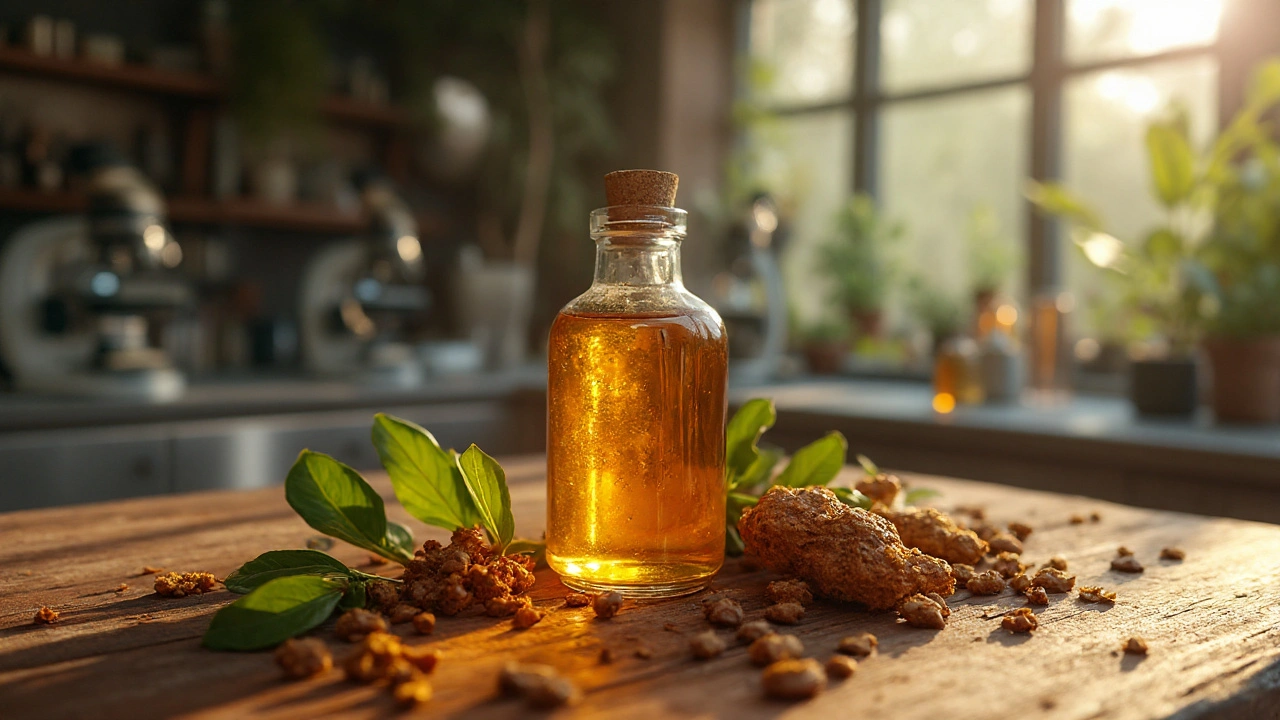Anticancer Herbs: What Works, How to Use Them, and Safety Tips
If you’re looking for natural ways to support the body during cancer treatment, herbs often come up first. Not every plant has strong evidence, but a handful of herbs consistently show anti‑tumor activity in labs or small studies. Below you’ll find the most talked‑about anticancer herbs, practical ways to add them to your routine, and red flags to keep in mind.
Top Herbs with Cancer‑Fighting Potential
Turmeric (curcumin) – The bright yellow spice contains curcumin, which can slow the growth of several cancer cell lines. A daily dose of 500 mg curcumin (with black pepper for absorption) is a common starter.
Green tea (EGCG) – Catechins in green tea have antioxidant and anti‑inflammatory effects. Drinking 2–3 cups a day or taking a 300 mg EGCG supplement provides a gentle boost.
Black seed (Nigella sativa) – Often called a “miracle seed,” it contains thymoquinone, a compound that shows tumor‑inhibiting activity. A teaspoon of oil or 500 mg capsules daily is a safe entry point.
Chaga mushroom – Rich in beta‑glucans, chaga can modulate the immune system. Brew a cup of chaga tea or add a teaspoon of powdered chaga to smoothies.
Dwarf Elder (Sambucus ebulus) – Lesser‑known but packed with flavonoids that may block cancer cell growth. Use a standardized extract (200–400 mg) or a decoction made from fresh berries.
These herbs appear in many traditional systems and have modern research backing some of their claims. Still, they’re not stand‑alone cures—think of them as supportive tools alongside conventional treatment.
How to Choose and Use Anticancer Herbs Safely
First, check the source. Look for GMP‑certified manufacturers or reputable brands that test for contaminants. Herbal supplements can vary wildly in potency, so a consistent product matters.
Second, watch interactions. Some herbs (like turmeric) can thin blood and may clash with chemotherapy drugs that affect clotting. Always tell your oncologist what you’re taking.
Third, start low. Begin with the smallest recommended dose and see how your body reacts before increasing. Side effects like stomach upset, headache, or allergic skin reactions are signals to pause.
Fourth, pair herbs with food when possible. Fat‑soluble compounds (such as curcumin) absorb better with a little oil, while teas work well on an empty stomach for quicker uptake.
Finally, track results. Keep a simple journal noting dosage, timing, and any changes in symptoms or lab results. This record helps you and your doctor decide what stays in your regimen.
In short, anticancer herbs can be a valuable part of a holistic approach, but they work best when you choose high‑quality products, stay aware of interactions, and keep an open line with your healthcare team. Ready to give them a try? Start with one herb, follow the dosing tips above, and see how you feel after a couple of weeks.

